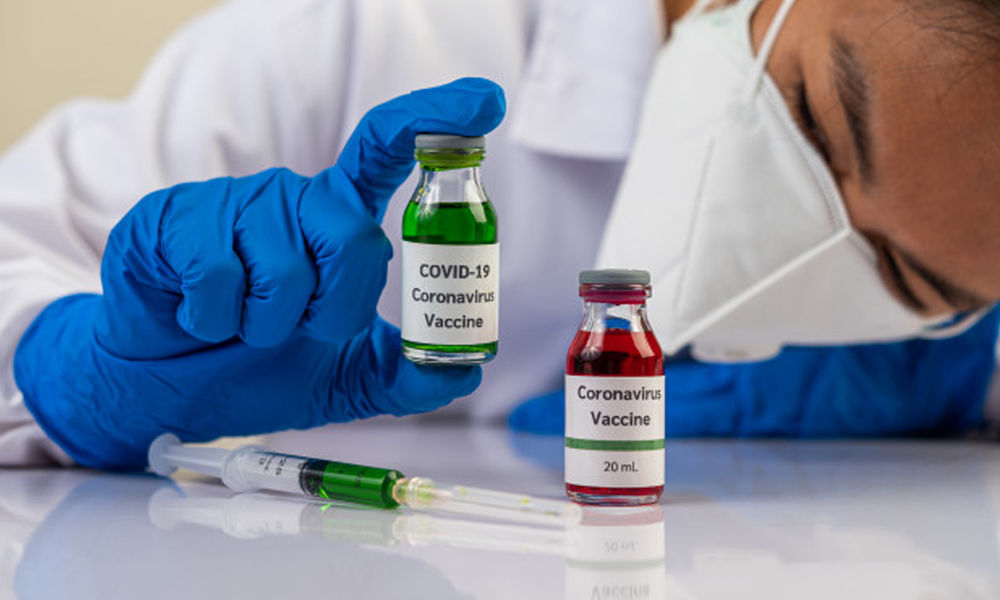
LONDON: Showing promising results and bringing a new ray of hope with it, the coronavirus vaccine being developed by Oxford University’s Jenner Institute and Astra Zeneca is ready to enter the next phase of trials. This next phase will check if the immune response seen in the early stages protects against COVID-19. The vaccine, called AZD 1222, was licensed to the multinational pharmaceutical company Astra Zeneca.
According to the trials results published in the medical journal ‘The Lancet’, the COVID-19 vaccine showed no serious side effects and elicited antibody and T-cell immune responses in the first stage of the vaccine trials. The strongest response from the vaccine was see in people who received two doses.
“The global programme is made up of a Phase III trial in the US enrolling 30,000 patients, a paediatric study, as well as Phase III trials in low-to-middle income countries including Brazil and South Africa which are already underway,” the university has said in a release.
Late-stage trials are underway in Brazil and South Africa and are due to start in the United States, where prevalence is higher.
Sarah Gilbert, professor of vaccinology at the university, had said earlier 8,000 volunteers had been enrolled for the Phase III of its trial into the vaccine.
The project has started Phase III of the human trials to assess how the vaccine works in a large number of people over the age of 18, and how well the vaccine works to prevent people from becoming infected and unwell with Covid-19.
AstraZeneca has signed agreements with governments around the world to supply the vaccine should it prove effective and gain regulatory approval.
The company has put it into large-scale, late-stage trials to test its efficacy. It has signed deals to produce and supply over 2 billion doses of the shot, with 300 million doses earmarked for the US.
Pascal Soriot, chief executive of AstraZeneca, said the company was on track to be producing doses by September, but that hopes that it will be available this year hinged on how quickly late-stage trials could be completed, given the dwindling prevalence of the virus in Britain.

